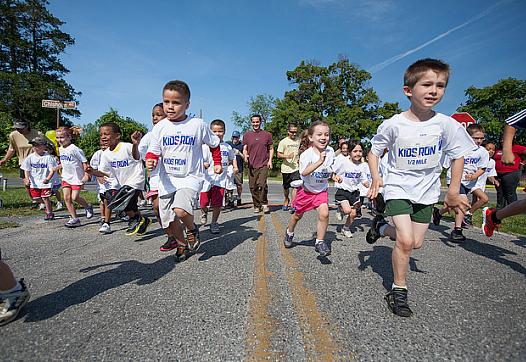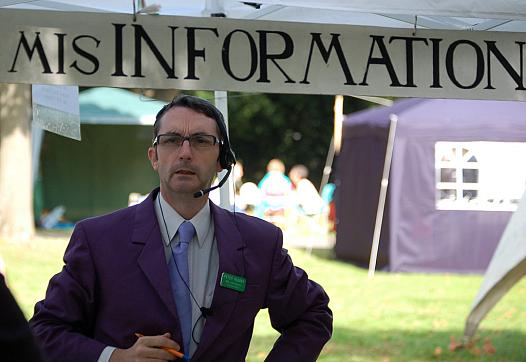
In the wake of Freddie Gray’s death, Baltimore residents took to the streets in protest. The best media coverage showed how years of neglect have crippled West Baltimore economies, fostered distrust and violence, and put a long, healthy life entirely out of reach for many residents, Gray included.







